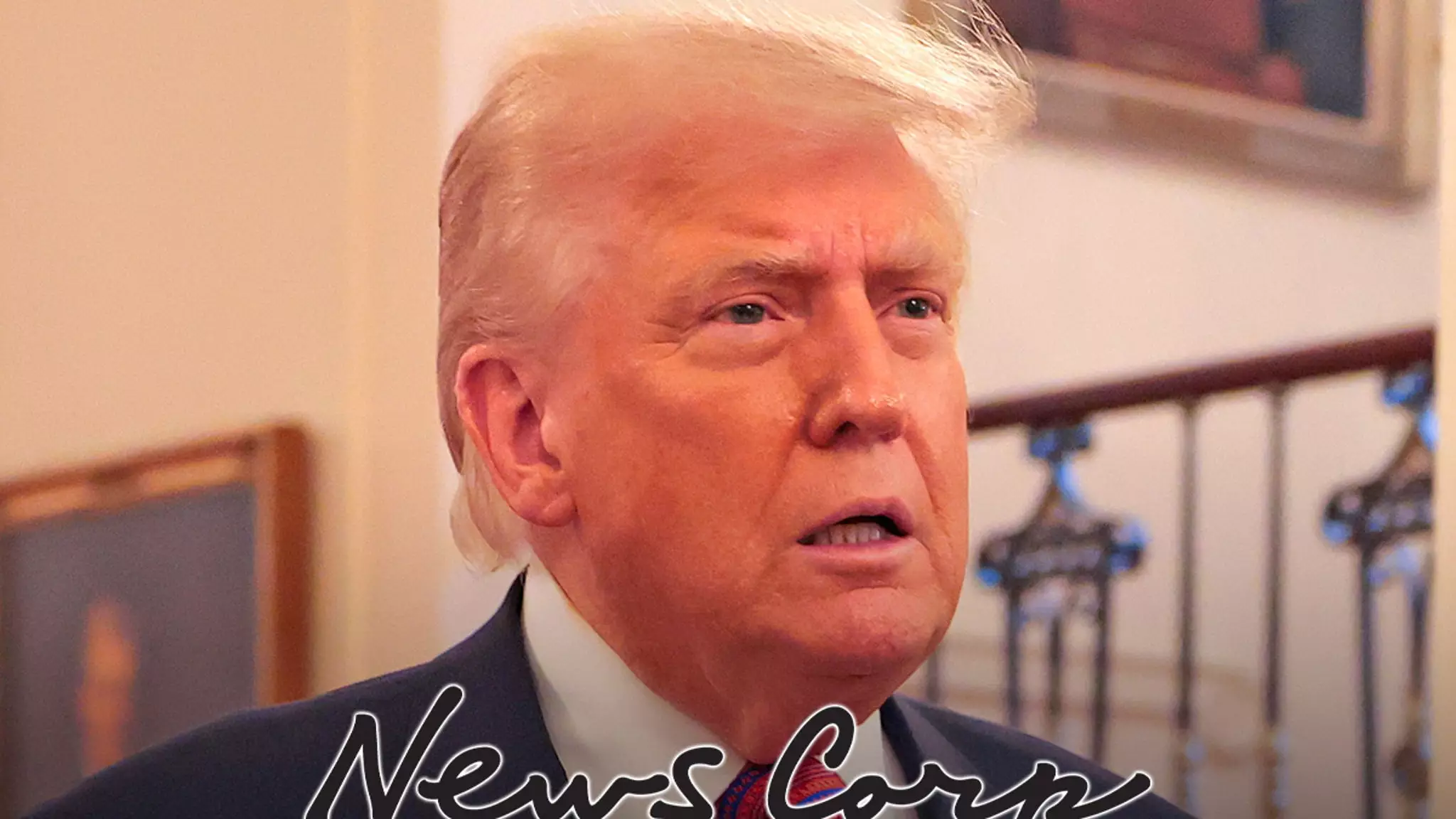In an era where the media wields considerable influence over public opinion, successful politicians often resort to legal action as a tool to combat damaging narratives. Donald Trump’s recent defamation lawsuit against The Wall Street Journal exemplifies this strategy. Instead of allowing false stories to metastasize unchallenged, Trump chooses the courtroom as a battleground to assert control over his image and reputation. His decision underscores a broader belief that legal confrontation can serve as a shield against malicious, misleading journalism. It’s notable that he emphasizes the fabricated nature of the story—claiming the WSJ falsely attributed bizarre and damaging content to him—aiming to portray himself as a victim of deliberate misinformation. This approach reveals that, in Trump’s view, media accountability can transcend mere public rebuttals, demanding tangible legal consequences for perceived slander.
Media Confidence and the Power Dynamics of Information Warfare
The case also highlights how figures at the highest levels of power perceive and manipulate the media landscape. Trump’s allegation that the story was orchestrated “at the direction of” prominent media executives hints at a belief in coordinated influence peddling. His vocal accusations against Rupert Murdoch and top editors suggest that he perceives the media as beholden to powerful interests that can manipulate narratives for their own benefit. Filing for an astronomical $10 billion underscores a desire not just for justice but for a symbolic victory—aimed at deterring future false reporting. Trump’s aggressive rhetoric, including public declarations on Truth Social, serves to mobilize his core supporters and reinforce a narrative of a besieged, unfairly targeted leader fighting back against mainstream media bias and “fake news.” Such tactics demonstrate how legal action intertwined with rhetorical bravado becomes a strategic weapon in the ongoing struggle for narrative control.
The Implications of High-Profile Litigation on Political and Media Landscapes
This high-stakes legal maneuver raises important questions about the future relationship between politicians and the press. If successful, such lawsuits could embolden other public figures to pursue litigation as a first response to unfavorable coverage. Conversely, there is a risk that weaponizing defamation suits could undermine press freedom, leading media outlets to self-censor out of fear of costly lawsuits. Trump’s framing of the case as a fight against “malicious, defamatory, FAKE NEWS” taps into a wider political narrative that questions media integrity. His post-lawsuit statements serve to rally his base by positioning himself as a victim and champion of truth. Such actions are emblematic of a broader trend where legal threats become rhetorical tools—used both to leverage financial consequences and to influence public discourse.
The Reality of Media Accountability and the Limits of Litigation
While Trump’s lawsuit emphasizes the alleged falsehood of the WSJ story and attempts to hold mainstream media accountable, it also exposes the challenges inherent in such legal battles. Courts often require clear proof of malicious intent and falsehood to succeed in defamation cases, particularly against reputable outlets. The absence of concrete evidence, such as an authentic letter or drawing, may weaken the case over time. Nonetheless, the lawsuit itself becomes a form of psychological warfare—a means to cast doubt on the media’s motives and integrity. Trump’s strategy might serve more as a means to dominate the narrative space than to secure a legal victory, especially given the astronomical damages sought. The case spotlights the delicate balance between protecting reputation and safeguarding press freedom in an age when legal threats increasingly influence journalism’s scope and scope.
The ongoing legal skirmish offers more than just a fight over a sensational story; it reveals the shifting terrain where power, media, and law intersect, and how public figures wield the courtroom as both shield and sword in their quest to control their legacy.

